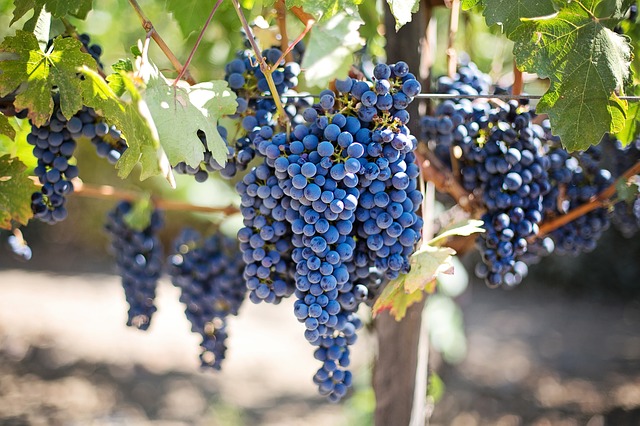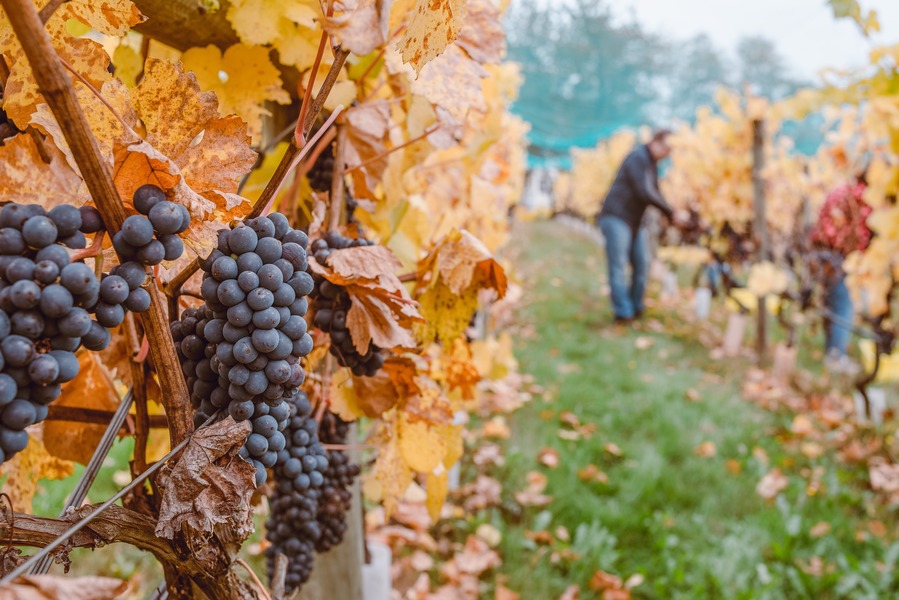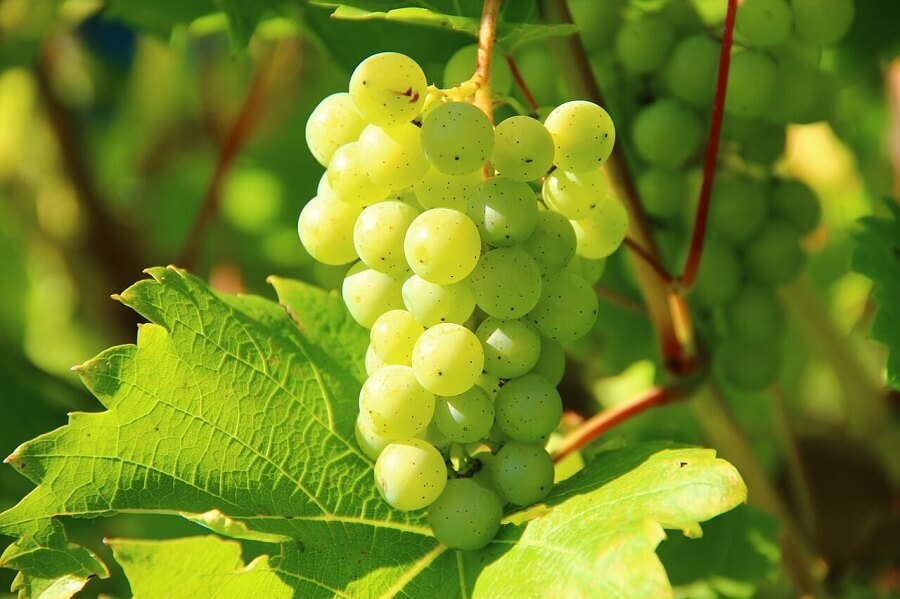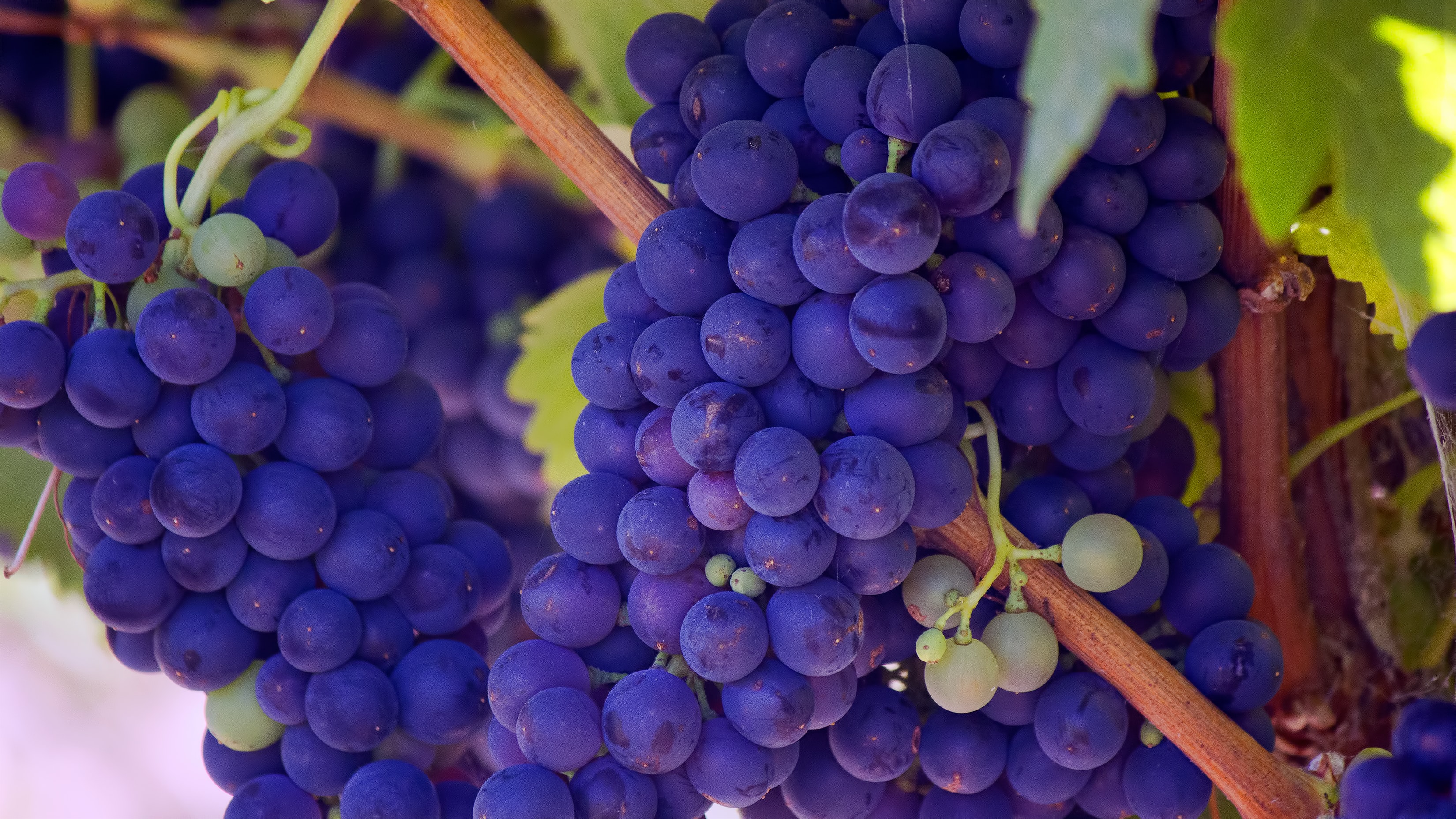Wineries and Wine Tasting in Israel
Being such a small country Israeli cities are never too far away from the open countryside, farms and rural communities. The country has more than 300 wineries, 25 commercial wineries and 150 boutique wineries. The main wine producing areas in Israel include the Judean Hills where Tzuba Boutique Winery, Agur Boutique Winery and the Tzora Winery are located; Carmel region where there is the Vortman Winery, Maor Winery and the wineries of Zichron Yaakov including Somek Winery. Even in the south you can find wineries like the Yatir Winery, Midbar Winery and the Yatir Winery. There are five official wine regions in Israel – Galilee-Golan, Shomron, Samson, Judean Hills and the Negev. Thanks to the length of Israel it has several micro-climates which can support the growth of different types of grapes. More than 90% of Israel’s vineyards are in the Shomron, Samson and Galilee region while younger vineyards can be found in the Upper Galilee and Judean foothills.

Grapes and a glass of white wine. Photo credit: © Shutterstock
Wine production in Israel dates back to Biblical times; archaeological excavations have uncovered ancient wine presses, storage cisterns, and decorative motifs depicting winemaking, grape clusters, and vines. In the 1990s Israeli wine production really took off, modern techniques and equipment were introduced and about 85% of Israel’s wineries were established in the 90s.More recently there have been many boutique winery start-ups that have sprung up across the country. Some of the stand-out wineries in Israel include Bashan which produces organic wine, Carmel which is the largest Israeli winery, Barkan the second largest, Margalit Winery credited as being Israel’s first boutique winery and Binyamina the third largest winery.
Kosher Wine and Kosher-Mevushal Wine in Israel
There are about 80 kosher wineries in Israel, so what makes wine kosher? Kosher wine needs to be overseen and produced only by Shabbat-keeping observant Jews from the time the grapes are picked to the time it is bottled – from crushing to bottling. This ancient law was created because at one time pagans used wine in their worship of idols and so the Jewish leaders wanted to ensure that no Jew was ever mistakenly given wine that had been used in idol worship.
However this wasn’t enough, the Jewish authorities still worried that after opening the bottle might be tampered with (used for idol worship). And so Mevushal wine was introduced. Mevushal wine (literally cooked wine) has been heated to the point where idol worshipers wouldn’t use it in their ceremonies. So the rule is that wine that is not mevushal cannot be served to a Jew by a non-Jew. These laws were established a long time ago and the process of boiling wine would take out all the flavor.
Thankfully today a process called flash pasteurization is used to make the wine “mevushal.” The process involves rapidly heating the wine to about 180°F/82.2°C for a minute and then rapidly cooling it. This helps retain the flavor that would be lost if it was really boiled. So wine you buy in Israel could be non-kosher, kosher because it has been produced by Shabbat observant Jews, or kosher Mevushal because it has been flash pasteurized.

Grapevine for harvest. Photo credit: © Shutterstock
Golan Heights WineryThe Golan Heights has the ideal soil, climate, and topography for many crops and especially for vineyards. If you want a genuine wine country experience then the Golan Heights can make a great day trip. In the heart of Israel’s wine country, you’ll be surrounded by magnificent vineyards, breathtaking views, and small communities. Start your visit at the Visitors Center of Golan Heights Winery near Katzrin.
Here you can get information about the tours and wine tastings available and about the history and production of Israeli wine. In the Wine Shop, you can buy souvenirs and locally produced wines. Open hours are 08:30-18:30 Monday to Thursday, 08:30-17:30 on Sundays, and 08:30-13:30 on Fridays and holiday eves.
There are several tour options that are led by knowledgeable guides in Hebrew, Russian, English, French, German, Spanish or Swedish. Tours must be booked in advance on the Golan Heights Winery website. The Classic Visit includes a guided tour that covers the wine-making process, a visit to the oak barrel cellar, and a chance to taste several of the Golan Heights Winery wines.
The Classic Visit lasts about an hour. For real aficionados, there is a Professional Wine-Tasting Visit which lasts 2 hours and includes a wider selection of wines in the tasting. You also have the option of a Premium Visit which includes a gourmet meal together with your wine tasting in the VIP room or the wine cellar and lasts 2 hours. The 4 hour Vineyard Tour takes you on a drive through the vineyards in an all-terrain vehicle. Your guide will introduce you to the various types of grapes and the incredible geography of the Golan Heights. This tour also includes wine tasting.
Grapevine close-up. Photo by Bill Williams on Unsplash
Carmel WineryThe Carmel Winery is located in Zichron Yaakov and they have a new Carmel Wine & Culture Center. The center has a wine store, restaurant, tasting rooms, a screening room, and a barrel room in one of Rothschild’s historic underground cellars. Visitors can choose from several touring and tasting options. On a Cellar Tour and Wine Tasting, you can visit the historic wine cellars, taste wine, and see a film presentation (1 hour, 30 ILS).
A Winery Tour and Wine Workshop includes a more professional look at the site and a longer wine tasting session (1.5 hours, 50ILS). An Advances Tour and Wine Workshop includes a customized tour, tutoring about the art of wine tasting, and delicious cheese, vegetable, and bread platter (2 hours, 100ILS).
The tours must be booked in advance and are slightly more expensive if you want to visit after 17:00. The winery center is open 09:30-17:00 Sunday to Thursday, 09:00-14:00 on Friday and holiday eves, and is closed on Saturdays and Jewish holidays.

People in the Field Picking Grapes for the Last Harvest. Photo by Tina Witherspoon on Unsplash
Dalton Winery
The Dalton Winery is nestled in the hills of the Upper Galilee not far from the Lebanese border and overlooking Mount Hermon. The winery was established in 1995 by the Haruni family that emigrated from England. The winery makes about 800,000 bottles a year. Their vineyards grow at an altitude of 800-900 meters above sea level in the rich soil of the volcanic plateau and in the ideal climatic conditions.
The winery recently moved to new premises in the Dalton Industrial Park where they can handle up to 1000 tones. The winery is adjacent to the vineyards making it a picturesque and ideal winery to visit. There is also a factory outlet store selling wine and products from Galilee. On the tour of the winery, you get to see the barrel room, bottling line, and taste the wines.
Dalton Winery Visitors Center welcomes visitors for tours that can be booked by calling 04-698 7683 Ext. 2. However if you are in the area you can pop in for wine tasting without a prior booking. The Visitors Center is open daily except for Saturdays and Jewish holidays between 10 am and 4 pm. The last tour is at 3 pm.

Green Grapes. Photo credit: © Shutterstock
On Fridays, you can visit from 10 am to 2 pm and the last tour is at 1 pm. The tour and tasting take about 45 minutes. A guided tour followed by tasting costs 20ILS. It is possible to arrange a group tour (30-80 people) together with a light dairy meal. Religious guests can arrange a tour and tasting led by the winery’s Rabbi. Note that not all the wines produced and sold at Dalton Winery are kosher-mevushal.All the above-mentioned Israeli wineries can be contacted on their websites, tours should be booked in advance and you should always phone ahead. In addition, you can visit other Israeli wineries including Katlav in the Judaean Hills; Tzora in the Judaean Hills open to visitors Sunday to Thursday 10 am-5 pm and Friday 9 am-2 pm.
Avidan Winery in the Sharon region is open to visitors Friday to Saturday 11 am-4 pm; Bazelet HaGolan in the Golan Heights is open to the public Sunday to Friday 9 am to 3 pm; Assaf Winery in the Golan Heights is open daily 11 am to 4 pm and the Margalit Winery near Caesarea is open to the public in Spring.

Vineyard at sunset. Photo by Tim Mossholder on Unsplash
 Login / Register
Login / Register
 Contact Us
Contact Us

 Certificate of Excellence
Certificate of Excellence Guaranteed Departure
Guaranteed Departure Low Prices Guaranteed
Low Prices Guaranteed 24/7 Support
24/7 Support




